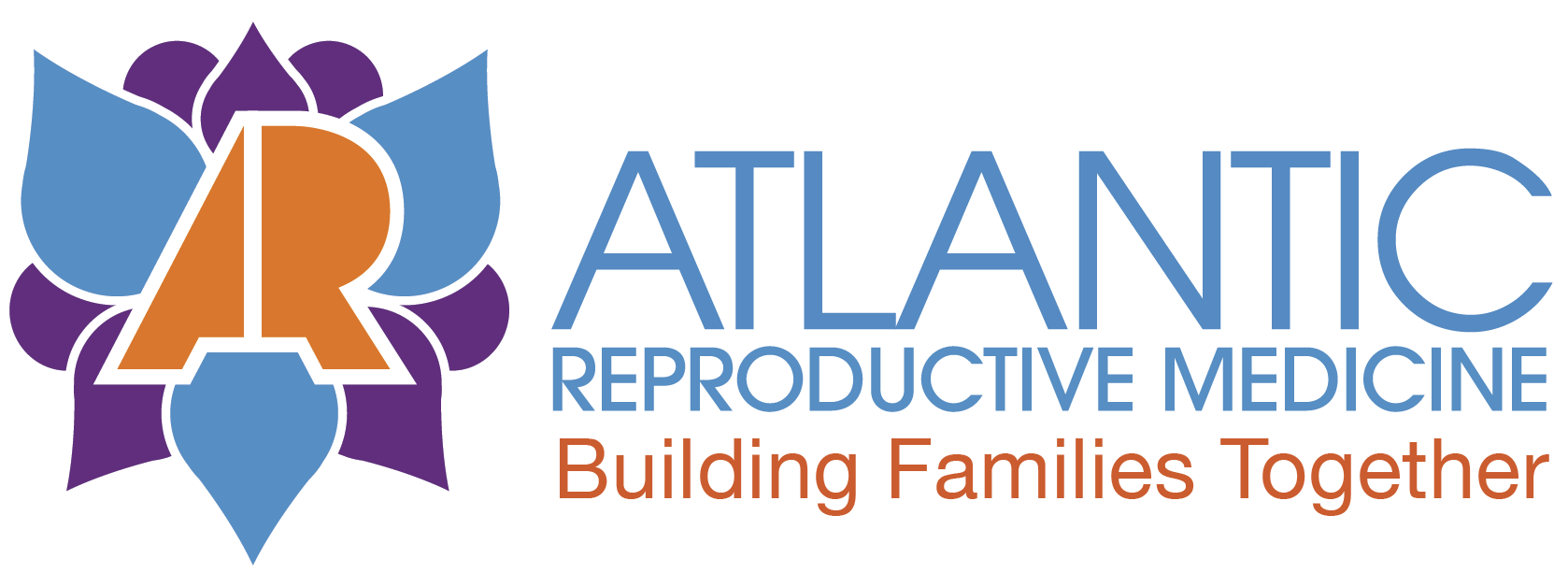When you become an egg donor you are helping another to build a family. It is an awe-inspiring experience that requires commitment and a bit of patience. The journey begins by filling out a rather lengthy questionnaire and if all goes well, you will then undergo a number of different medical tests and a standard psychological screening.
As you consider becoming an egg donor, there are several questions you’ll likely still have. In this article, we answer the most commonly asked questions about becoming an egg donor with us.
Who are the typical recipients of egg donations?
Egg donor recipients vary and range from couples to singles. Recipients typically have difficulty conceiving on their own because of the challenges they face in naturally producing high-quality eggs. A few examples include couples who have tried fertility but still have not conceived, women who experience premature menopause, and men who have partnered with men and would like to become parents. As an egg donor in Raleigh NC, you’ll be helping these types of recipients build their families.
What is the requirements to become an egg donor?
Fertility clinics in Raleigh are interested in egg donors who are in good health in order to retrieve the most fertile eggs. There are certain inclusion criteria to be aware of if you want to become an egg donor. The first and most important is age. Donors must be between 21 and 32 years of age. Within this age range, egg quality is at its peak. Egg donors should also be physically and emotionally healthy, non-smokers, non-drug users, have a specified body mass index, and have no reproductive abnormalities. These criteria get more detailed once your application is accepted. Upon acceptance of your application, you’ll go through psychological screening to make sure this decision is right for you, as well as several genetic screening tests.
Does donating eggs affect fertility?
There is a myth that egg donation can make it more challenging to conceive when it comes time for you to start your own family. However, donating your eggs will in no way prevent you from becoming pregnant when the time is right for you. Although you may produce one egg during each menstrual cycle, there are several hundred that die off. When you are an egg donor, the only eggs that are retrieved are these extra eggs. Fertility clinics use eggs that your body has already produced, and not any of your ‘future’ eggs. Also, keep in mind that egg donation has no impact on when you will experience menopause.
How are eggs retrieved for donation? Do I have to take any medication?
The screening process, along with getting matched with recipients, are the longest part of the process when you become an egg donor. The actual process of retrieving the eggs takes approximately two weeks. Once you are matched against the wish list of the recipient, our fertility clinic will get in touch with you. You will be asked to start birth control pills so your cycle is synchronized. You will also begin under-the-skin injections.
As an egg donor, you’ll place these injections in the subcutaneous abdominal fat for a period of 10 to 12 days. You will also be asked to visit the clinic once every 2 to 3 days for blood testing and an ultrasound.
Although it only takes approximately 15 to 20 minutes to retrieve your eggs using an ultrasound and a very small needle, it is recommended that you take the day off work and arrange transportation, as you will receive mild sedation. In approximately one week after the retrieval, you can expect to be back on your regular menstrual cycle.
What legal documentation is involved?
For an anonymous egg donor, only a signed consent form after the screening process is required for the eggs you will be donating to become the property of the recipients. However if you are a known donor to the recipient, you will need to meet with a psychologist and a family law attorney to transfer parental rights legally.
When do I get matched with the recipients?
If you are donating your eggs for the first time, it may take a while to get matched. As for how often you donate and how quickly you are matched, it depends on the needs of the recipients. Egg donation for the second time is usually faster because recipients often seek a donor who has already gone through this process successfully.
What is the compensation for an egg donor? When is it given?
The compensation for a successful egg retrieval varies by practice and area. There is no standard compensation and it differs from state to state. Any practice you are interested in donating with will provide this information when you contact them about your interest in becoming a donor. More often than not, you will be given the compensation payment on the egg retrieval day, after you have donated your eggs.
While the donation itself is a relatively simple and quick procedure, choosing to become an egg donor brings with it lots of questions and requires due diligence. Our experienced fertility doctors and team will be with you every step of the way. If you are ready to get started begin by filing out the egg donor application here.

